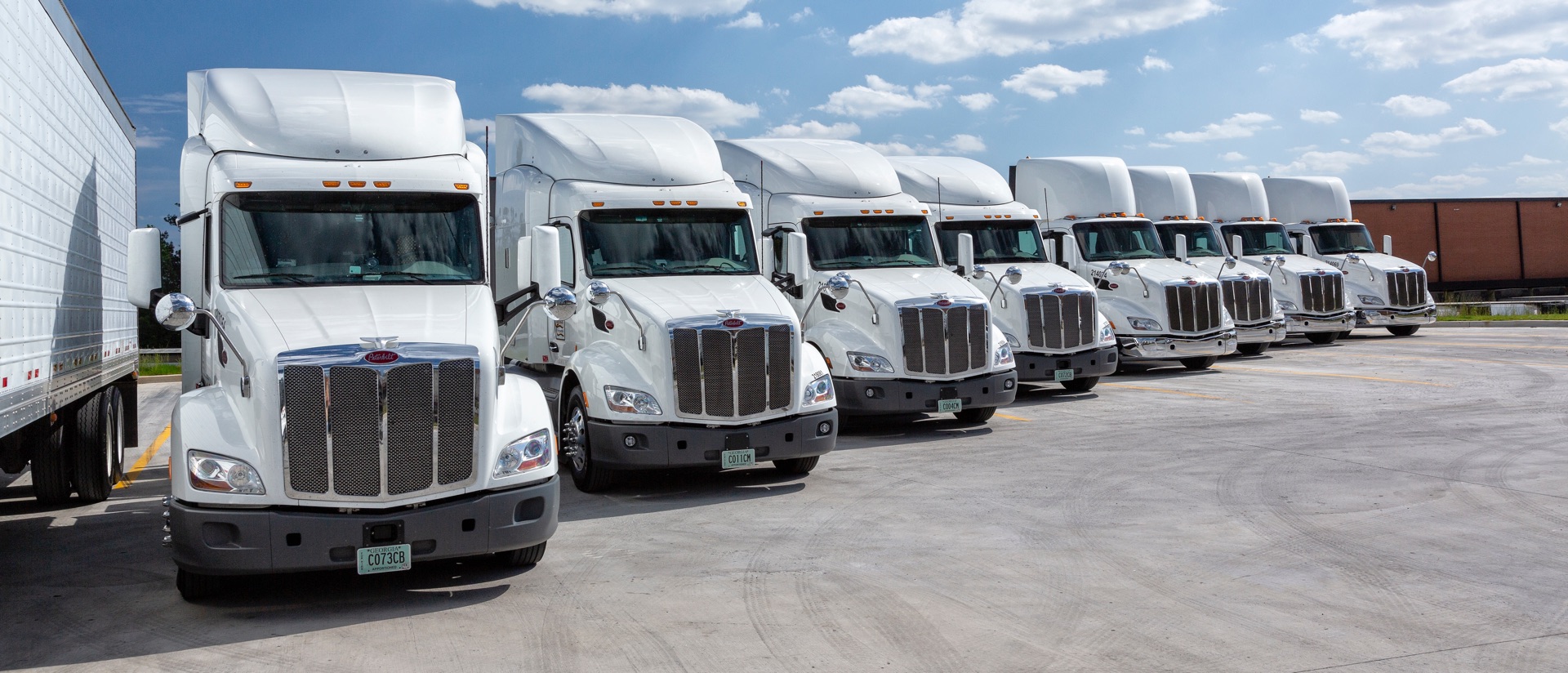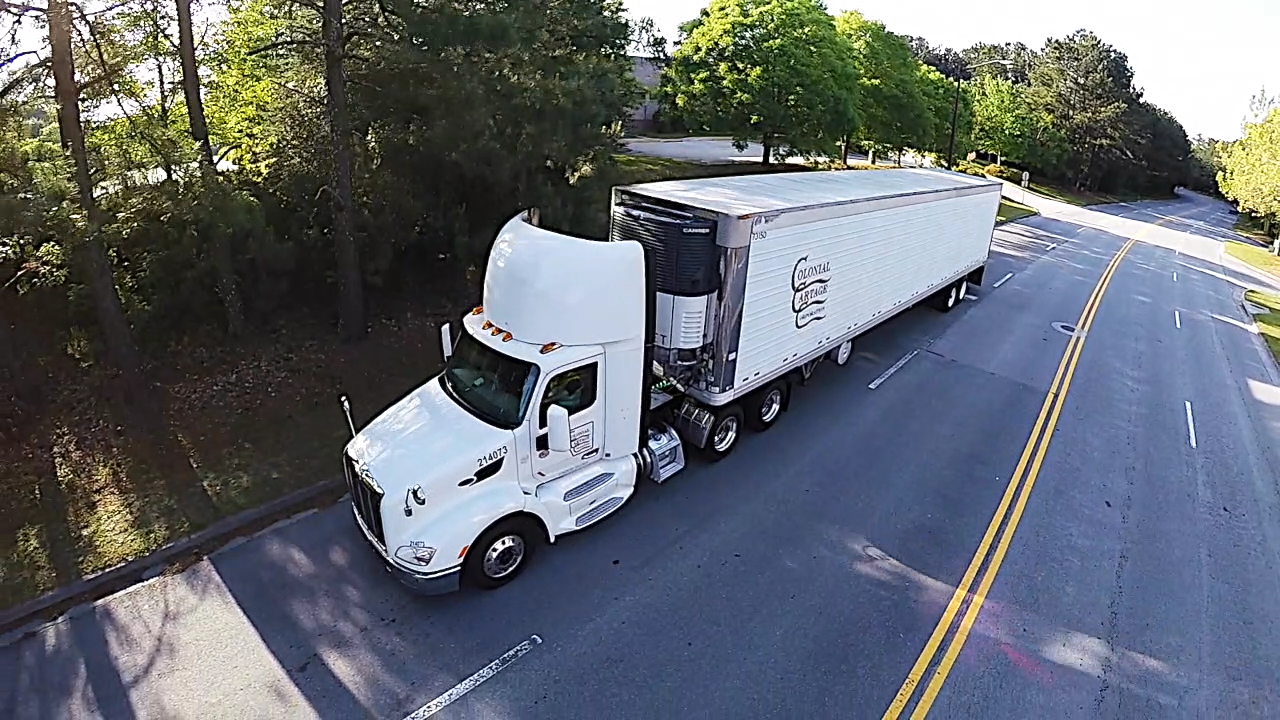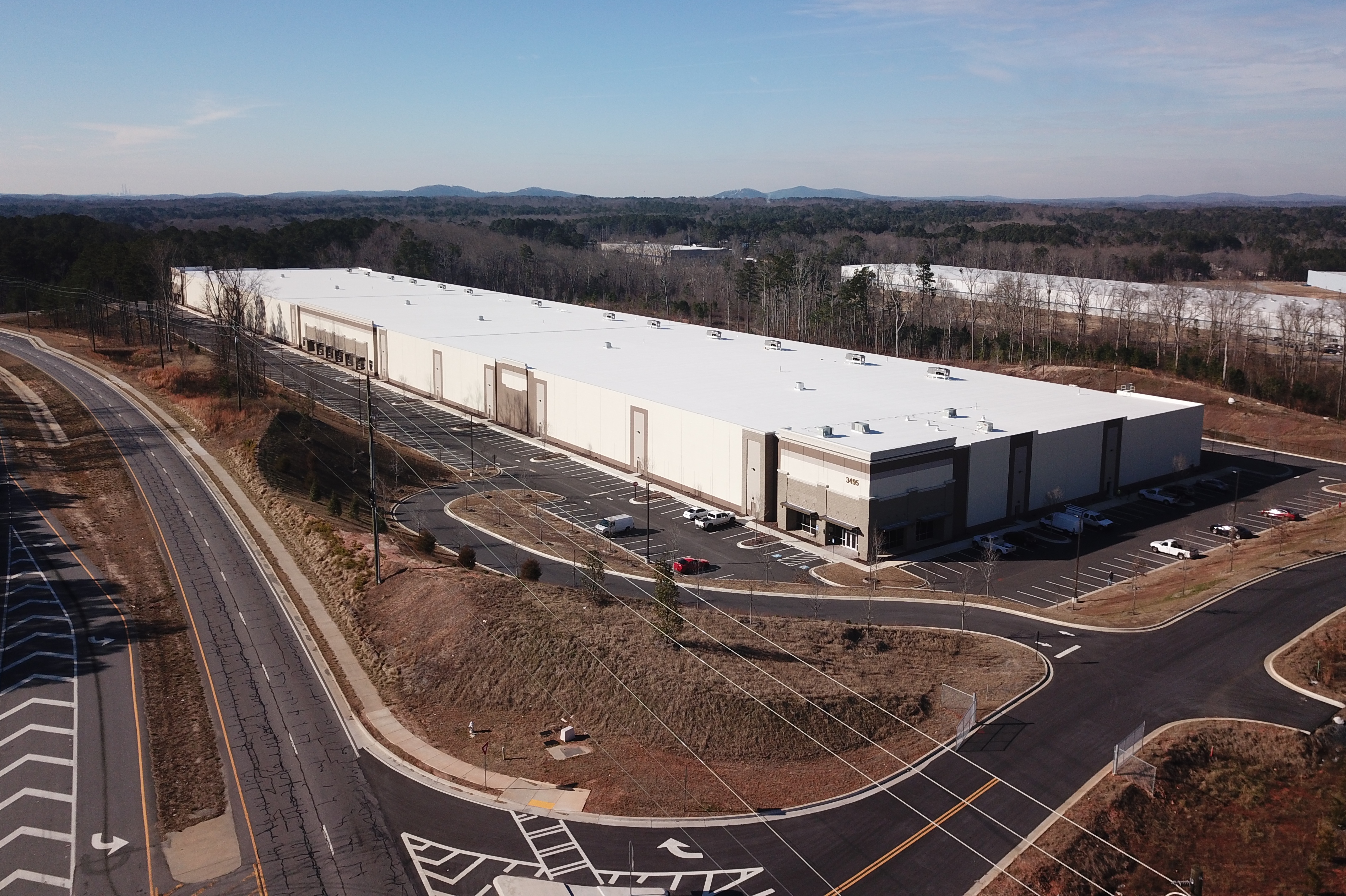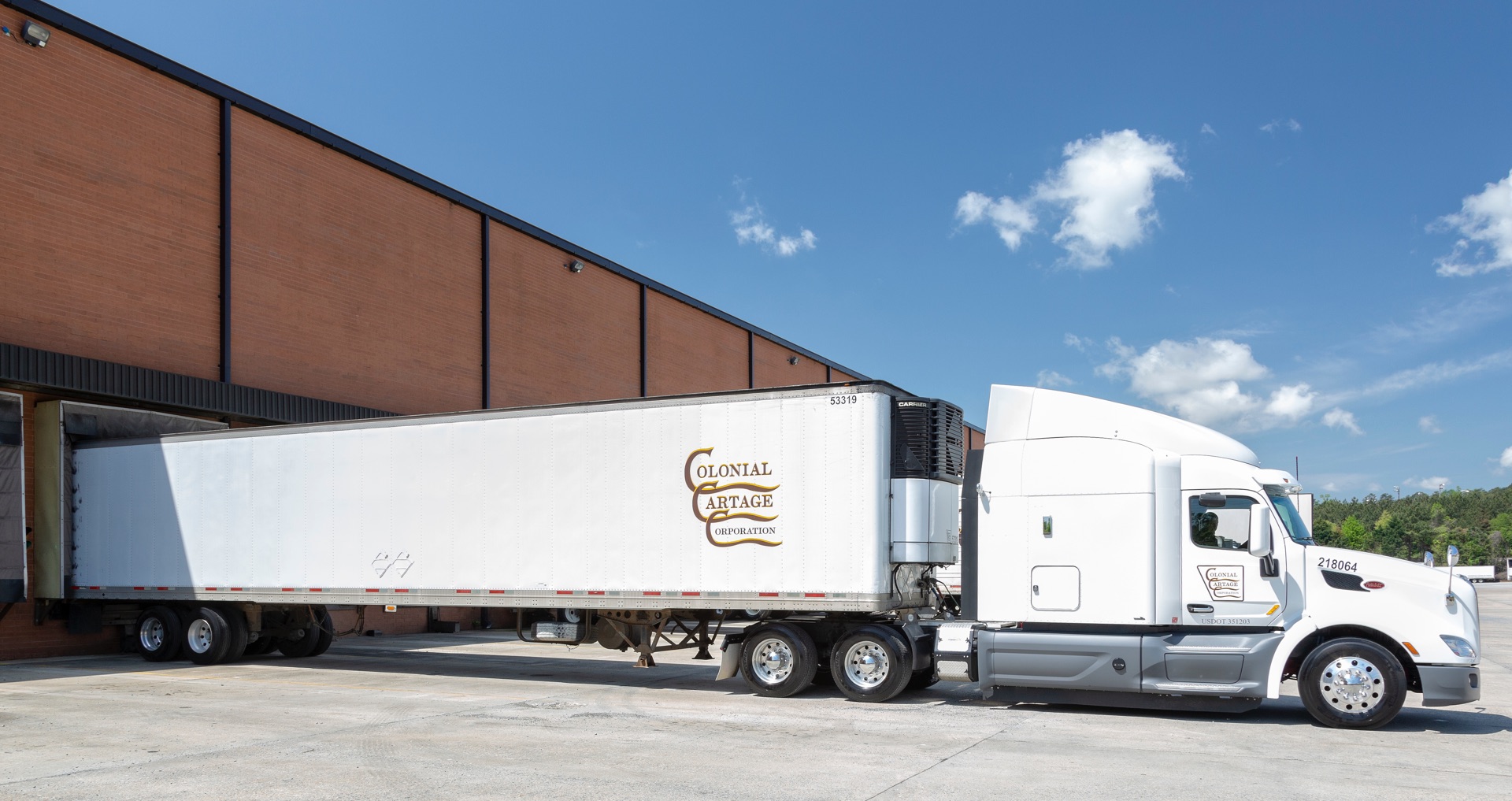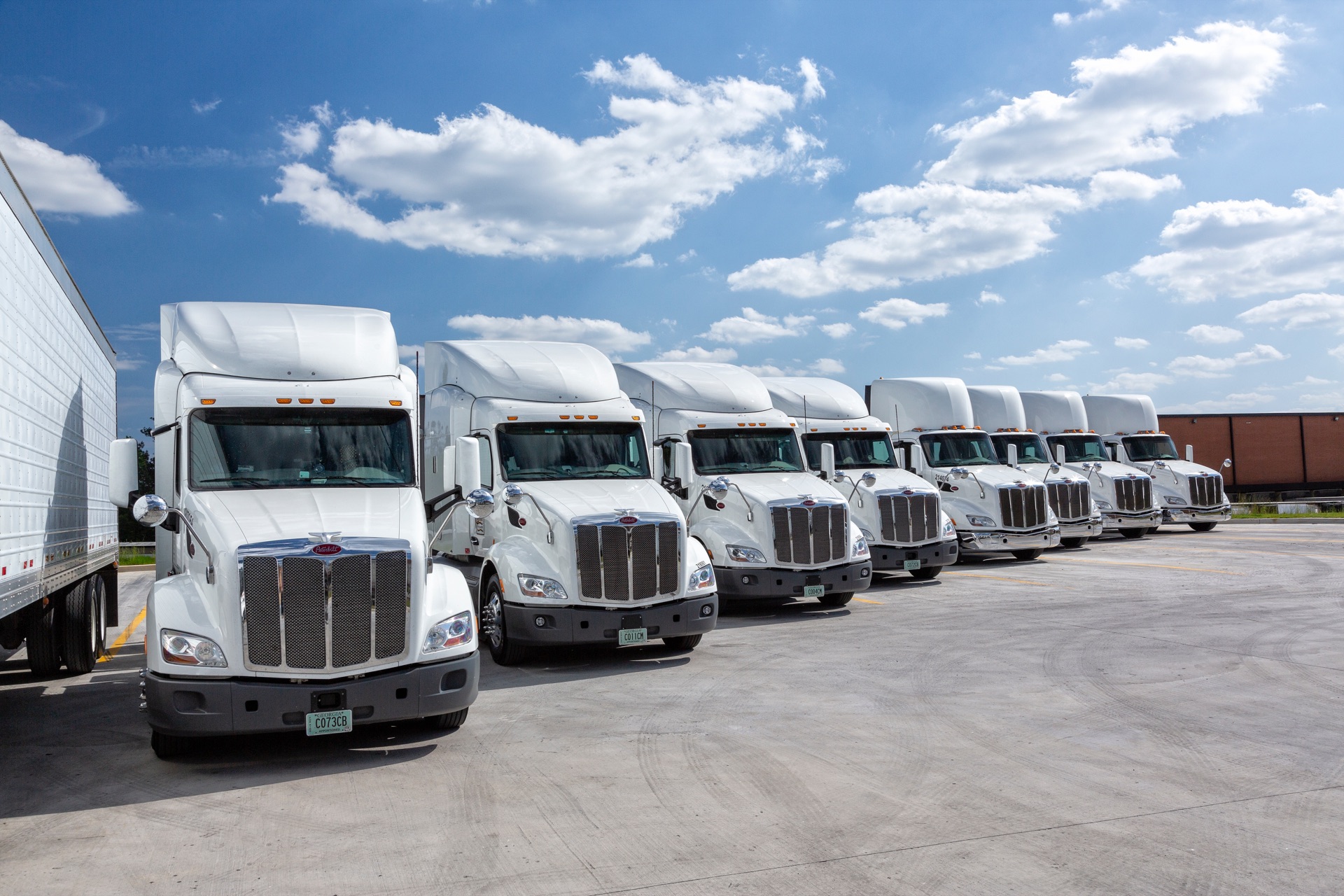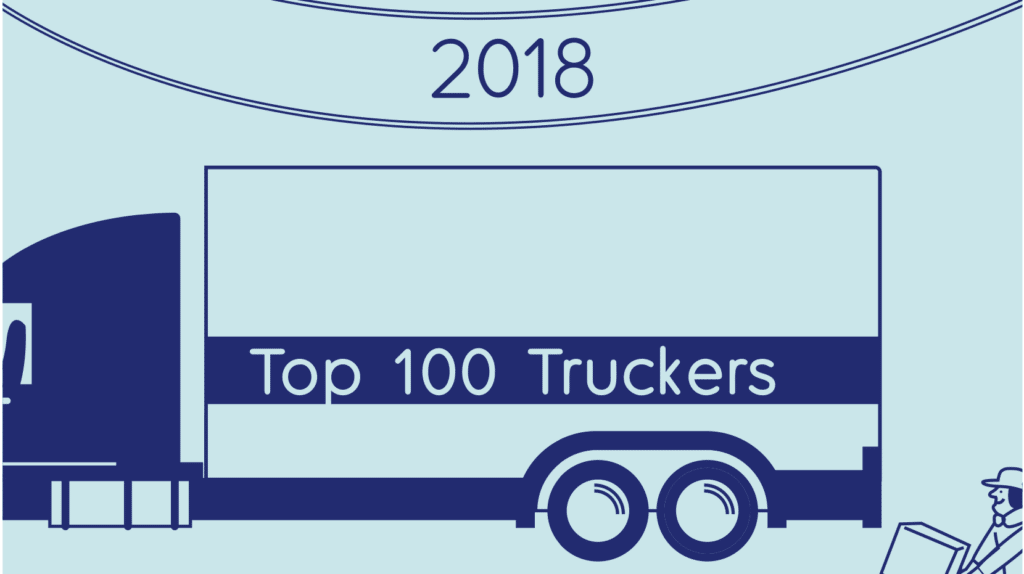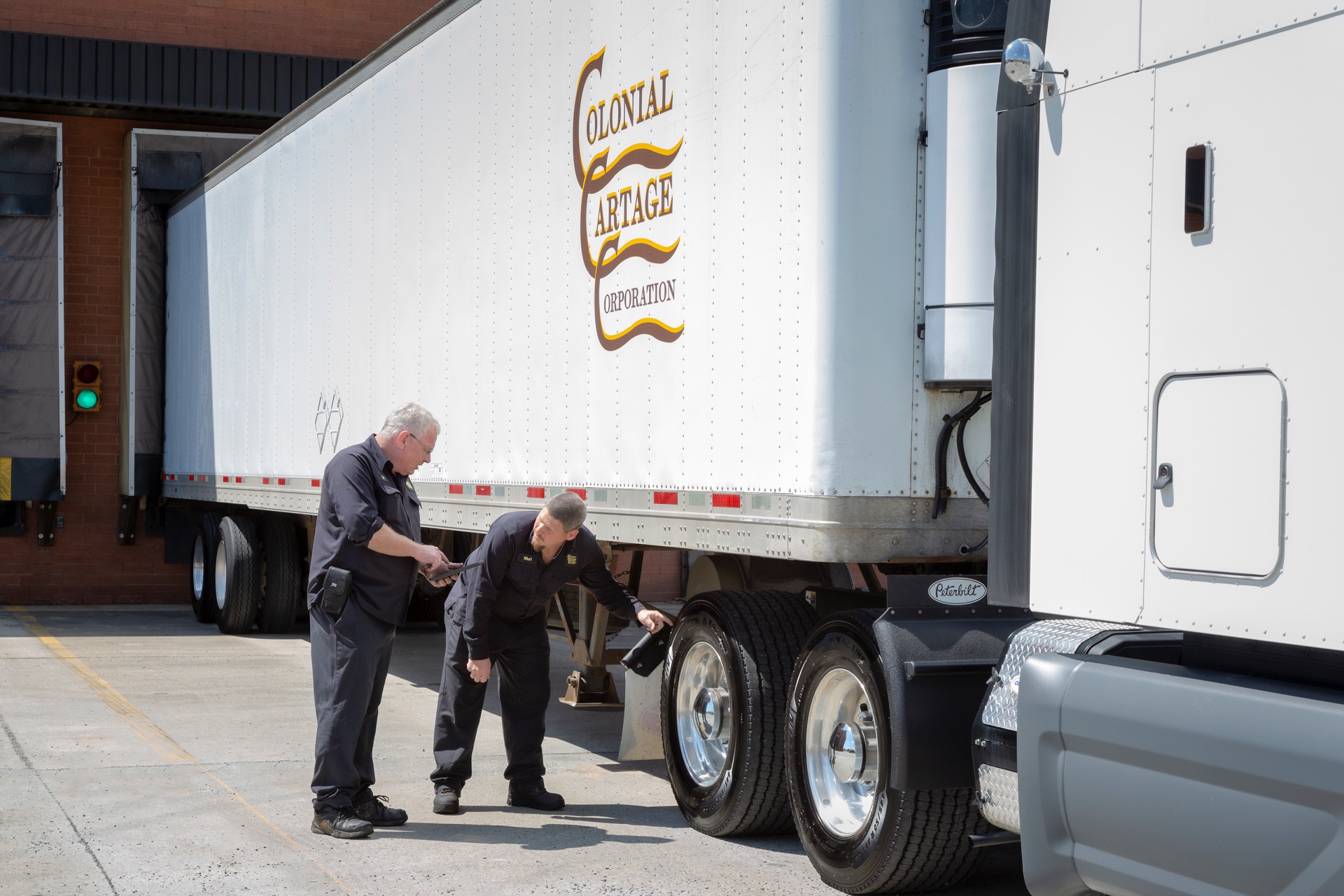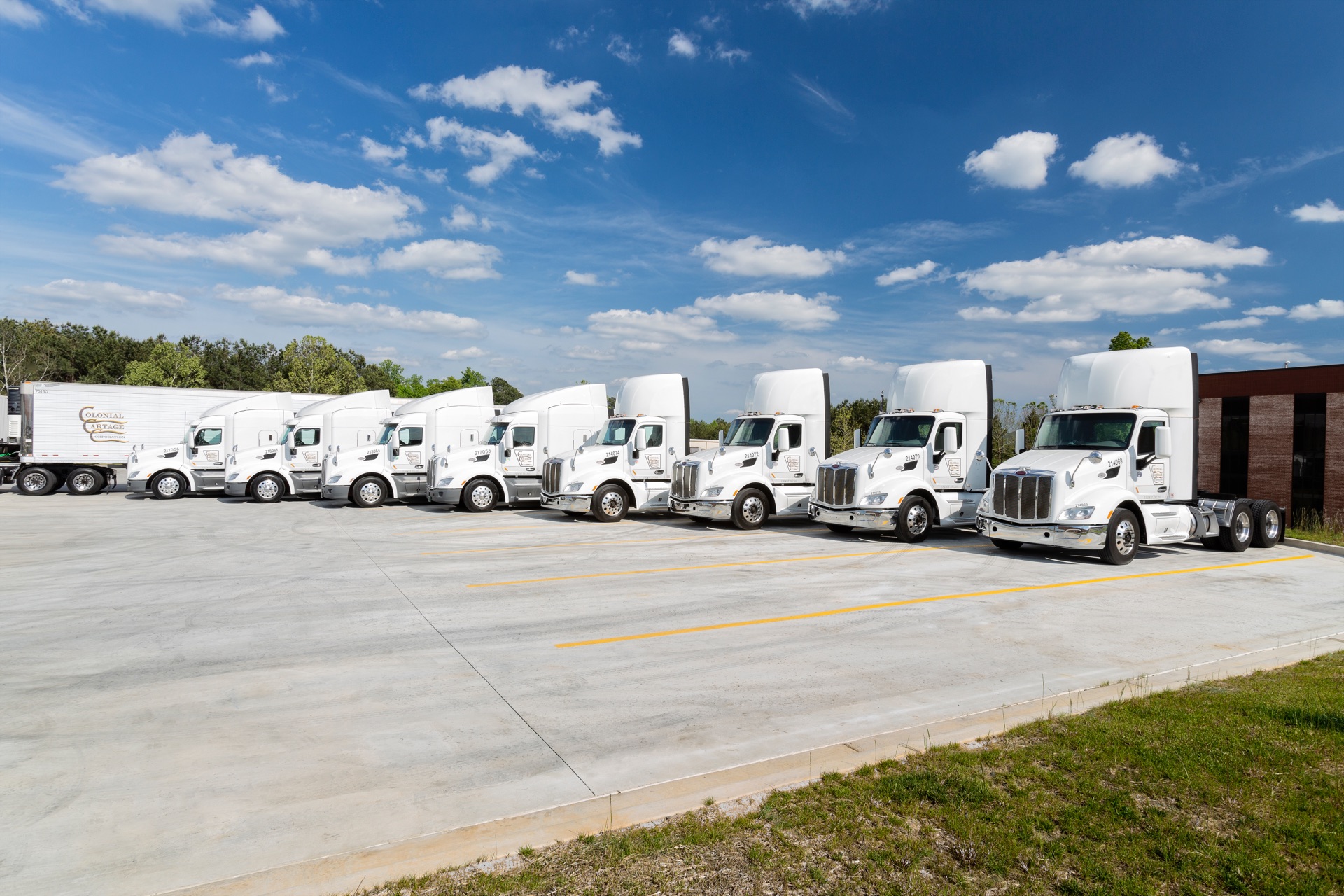Companies of all sizes face an ongoing challenge to get their less-than-truckload freight orders to the market. Given the rising costs of all forms of transport, as well as fluctuating demands and shrinking delivery windows, contracting LTL carriers for your supply chain can be an expensive, time-consuming pursuit that drains resources. Many of these challenges can be addressed by partnering with a third-party logistics (3PL) company that specializes in cost-effective LTL freight management solutions. If you are considering working with an LTL or 3PL company to meet your supply chain’s shipping needs, here are a few questions to ask yourself:
1. Is your LTL shipping provider backed by full-service 3PL services?
If you can warehouse and transport your product using the same 3PL in the same facility or campus, you can save time and resources vs. using multiple providers in the same market. Those costs can be reduced further if the 3PL offers freight consolidation programs with other shippers going to the same destination. Using the same provider can also eliminate multiple handlings, simplify and streamline communications, and reduce your internal resources.
At Colonial Cartage, we work closely with Atlanta Bonded Warehouse to provide a range of critical logistics services, including Refrigerated LTL Carrier freight consolidation, cross-docking, LTL plant support, and warehousing services.
2. Does your LTL carrier handle freight shipping across multiple states?
If you are a small company shipping your product nationwide, you will want to engage as few 3PL partners as possible. At the same time, you need dependable LTL shipments in every region of the United States. Look for an LTL company that cover broader service areas than just their domiciled region. For example, if you are considering a provider in the Southeast, can they also provide LTL services to the Southwest? If you are considering a 3PL in the Midwest, can they also cover the Northeast? The wider the coverage area, the fewer 3PL’s you will need. The more their service areas overlap, the more flexibility you will have.
Colonial Cartage offers one of the largest refrigerated LTL freight consolidation pool programs in the United States — covering 26 states across the Southeast, Southwest, Midwest, Upper Midwest, and Great Plains states.
3. Does your LTL shipping partner maintain regularly scheduled routes to retailers and distributors?
Today, “close” is not close enough. If your 3PL does not have a dependable schedule of regular LTL shipments delivered directly to your customers, you could be facing additional compliance fees and fines as well as other buyer penalties, up to and including dropping SKU’s. Confirm your shipper’s delivery compliance record and volumes to your critical customers so you can be confident that your products will arrive as promised.
4. Will your orders be “trapped” if a full truckload is not met?
Be aware that some LTL freight shippers will try to build more profitable loads by “trapping” freight until a near capacity truckload is achieved — this practice may save them money, but it causes order delays and headaches for you and your customers. At Colonial Cartage, we put our customers ahead of our own company’s potential cost-savings, which is why if we receive an order, it ships according to our weekly schedule — regardless of whether it is a full truckload or not.
5. Is your 3PL transportation partner driven by smart LTL solutions technology?
Working with an LTL service provider means more than just coordinating transportation — that shipper becomes an integral part of your team. They need to be committed to helping you keep your promises. That’s why your 3PL partner must be well-equipped to anticipate and avoid problems before they arise to make sure your deliveries and order requirements are met. At Colonial Cartage, we accomplish this through the use of a comprehensive transportation management system (TMS) by Tailored Logistics Solutions that delivers state-of-the-art routing, shipment visibility, and invoicing for our customers. We are also fully staffed to provide rapid response to customer EDI and data translation/interface requests.
Contact us today to learn more and receive a rate quote for Colonial Cartage’s less-than-truckload (LTL) transportation solutions or Atlanta Bonded Warehouse’s integrated 3PL supply chain solutions.

